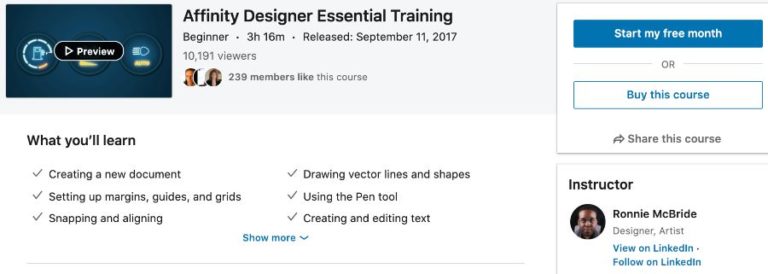

In 2016 the NWP decided to lend its support to another summer initiative, and some of the CLMOOC participants decided to continue to run it without formal institutional backing.

In addition, evidence of the educational benefits of social media use is, as yet, both limited and contested ( Carpenter and Krutka, 2014 McPherson et al., 2015 Palmer, 2014). While research into social media use for learning is a growing field ( Bolat and O’Sullivan, 2017) there is still comparatively little research that explores the possibilities of Twitter for enhancing learning, particularly when the boundaries between formal and informal learning are blurred ( McPherson et al., 2015). This research adds to a developing body of research focused on the use of Twitter as a medium for learning in formal and informal settings. We argue that CLMOOC provides rich opportunities for learning: the community has evolved a participatory culture characterised by authenticity, creative playfulness and reciprocity. Most, if not all, participants are educators as well as informal learners within CLMOOC. In this paper we focus mainly on CLMOOC Twitter interactions.
#AFFINITY ONLINE COURSES PLUS#
The participatory culture of CLMOOC provides an online communal environment to engage learners and encourages them to share existing skills and to learn new ones via social media, including two closed groups in Google Plus and Facebook, and an open Twitter network. In contrast, cMOOC participants learn from each other, and generate the content of their learning through dialogue around shared interest. These MOOCs are therefore both an opportunity for learning, and a marketing tool for many universities. Participants in xMOOCS remain in the role of students, learning from instructor-designed content. The use of xMOOCS by universities intends to encourage a global audience to connect with course content out of interest and typically without charge, but in the hope that some will go on to study with the institution more formally on a fee-paying basis.

The usual distinction is made here between two types of Massive Open Online Courses (MOOCs): xMOOCs (based on university courses) and cMOOCS (connectivist learning involving groups of interested participants) ( Bates, 2014). This is an international online group of informal learners who stimulate each other to make digital artefacts and share them publicly with each other and which could be characterised as being a cMOOC.

In this paper we discuss opportunities for technology-enhanced learning in a globalised context by exploring learner experiences and interactions in the Connected Learning Massive Open Online Collaboration (CLMOOC) ( CLMOOC, n.d.). All subjects Allied Health Cardiology & Cardiovascular Medicine Dentistry Emergency Medicine & Critical Care Endocrinology & Metabolism Environmental Science General Medicine Geriatrics Infectious Diseases Medico-legal Neurology Nursing Nutrition Obstetrics & Gynecology Oncology Orthopaedics & Sports Medicine Otolaryngology Palliative Medicine & Chronic Care Pediatrics Pharmacology & Toxicology Psychiatry & Psychology Public Health Pulmonary & Respiratory Medicine Radiology Research Methods & Evaluation Rheumatology Surgery Tropical Medicine Veterinary Medicine Cell Biology Clinical Biochemistry Environmental Science Life Sciences Neuroscience Pharmacology & Toxicology Biomedical Engineering Engineering & Computing Environmental Engineering Materials Science Anthropology & Archaeology Communication & Media Studies Criminology & Criminal Justice Cultural Studies Economics & Development Education Environmental Studies Ethnic Studies Family Studies Gender Studies Geography Gerontology & Aging Group Studies History Information Science Interpersonal Violence Language & Linguistics Law Management & Organization Studies Marketing & Hospitality Music Peace Studies & Conflict Resolution Philosophy Politics & International Relations Psychoanalysis Psychology & Counseling Public Administration Regional Studies Religion Research Methods & Evaluation Science & Society Studies Social Work & Social Policy Sociology Special Education Urban Studies & Planning BROWSE JOURNALS


 0 kommentar(er)
0 kommentar(er)
